Materials & Nanotechnology

Researchers focus on the creation and evaluation of novel materials that improve systems in healthcare, electronic interfaces, sustainability, and the environment.
As a student of chemical engineering at Northeastern University who wants to focus on materials and nanotechnology, you will interact with a multidisciplinary group of our faculty to learn aspects of materials development from synthesis, and characterization, to performance evaluation for a variety of applications. You will have access to state-of-art facilities on campus and can become an expert in one or multiple areas of materials research including:
- batteries & energy storage systems, including the study of mechanisms within complex electrochemical systems. Research focuses on engineering materials and composite electrodes based on these materials, to address two critical needs for battery engineering: reducing cost and eliminating flammability.
- molecular/materials chemistry and structure for new property discovery, new functionality, and technology development by combining theory, high-performance computing, and experimental methods.
- nanoparticles, nanowires, 2D nanomaterials, and nanoporous materials, for energy, water, and biomedical-related applications such as energy conversion, heat transfer, water purification and desalination, chemical and biological sensing, nanomedicine, and drug delivery.
- biomimetic, biologically-inspired materials for neural, intestinal, cardiovascular & retinal tissue engineering. This research exploits current knowledge of biology to engineer new drug delivery and tissue engineering platforms.
- advanced magnetic and electronic materials for energy, strategic materials, and supply chains for technological application.
Examples of research of faculty in their labs being conducted in this research area are highlighted below. Also, view all faculty associated with this research area.
 |
Debra Auguste August Lab for Responsive Drug Delivery and Tissue Engineering engineers solutions to address current challenges in medicine |
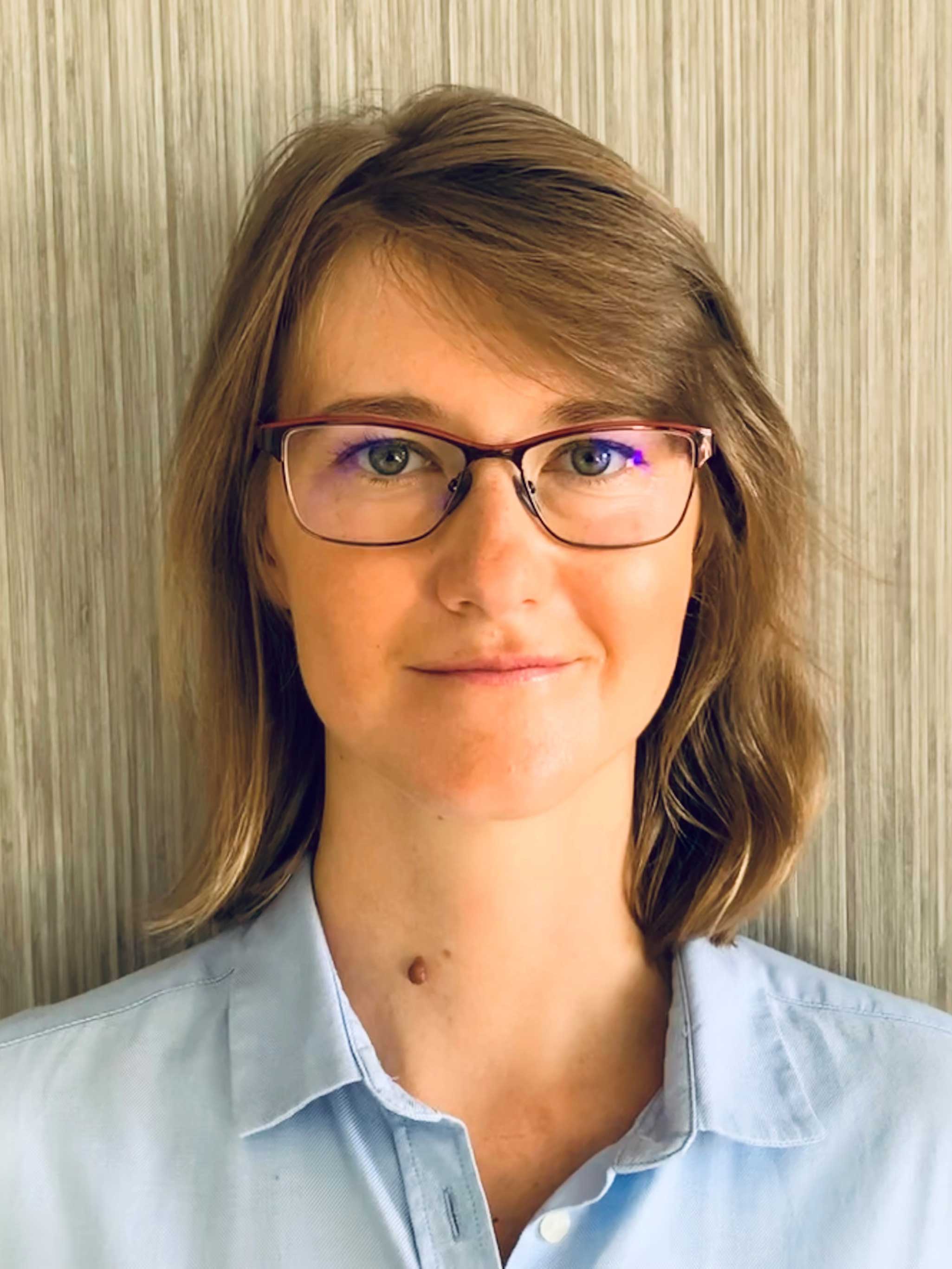 |
Magda Barecka Barecka Lab focuses on transforming CO2 into the next generation of chemical building blocks. We work at the intersection of electrochemistry, catalysis, sustainability and process intensification. |
 |
Rebecca Carrier Advanced Drug Delivery Research (ADDRES) Laboratory conducts research in regenerative medicine, with a focus on intestinal and retinal tissue engineering, and in oral drug delivery, with a focus on enabling effective oral delivery of therapeutics. |
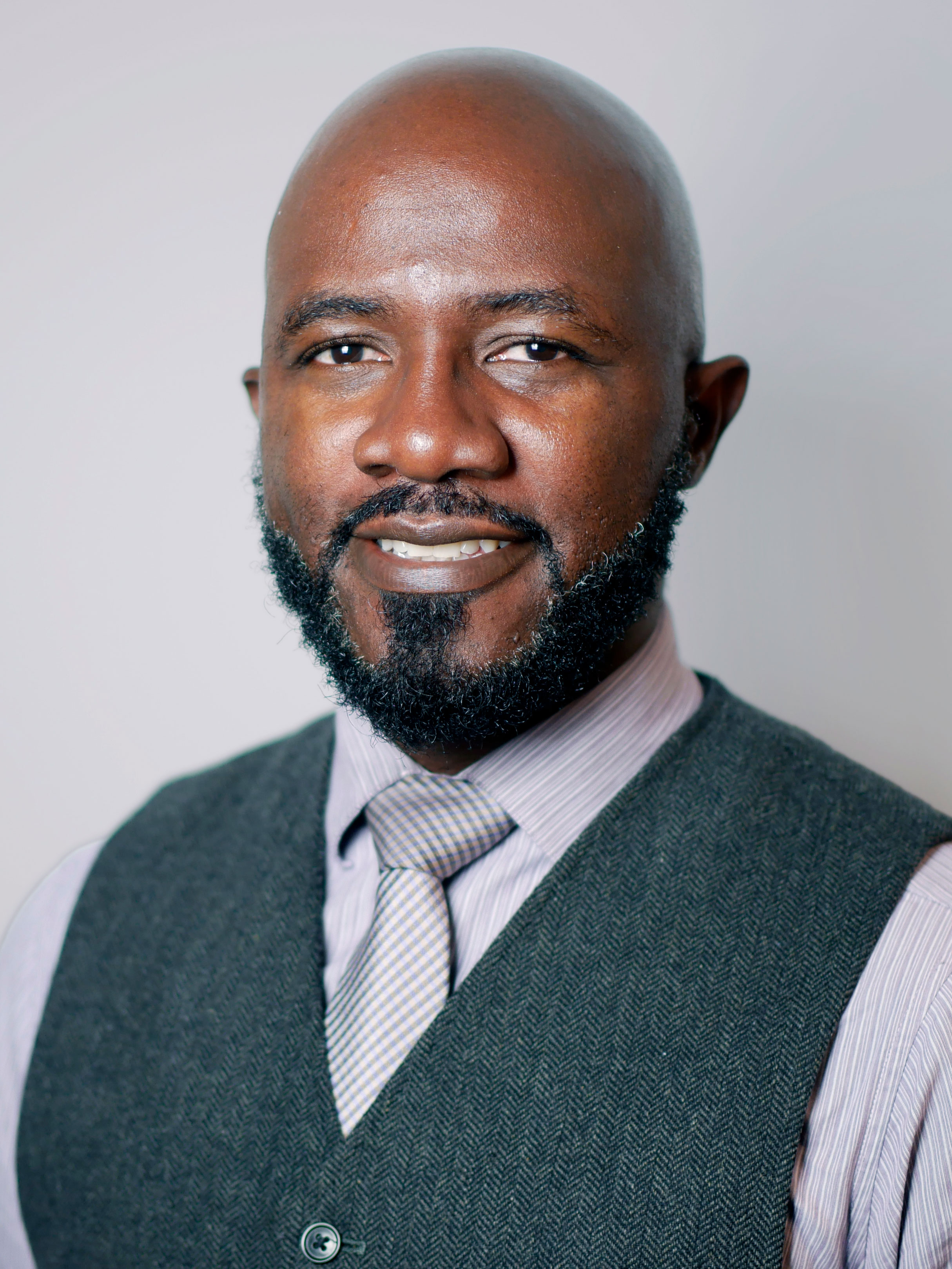 |
Damilola Daramola The REPRODUCE Lab aims to reverse human impact on Earth’s natural cycles of water, carbon, nitrogen, and phosphorus, promoting a more sustainable approach to Food, Energy, and Water systems while integrating traditional chemical engineering principles with a holistic view of extraction and production. |
 |
Eno Ebong Ebong Laboratory focuses on studying the effects of the mechanical forces of blood flow on the endothelial cells that line and protect our blood vessels—work that is aimed at advancing vascular disease treatment. |
 |
Joshua Gallaway Analysis of Complex Electrochemical Systems (ACES) lab studies mechanisms within complex electrochemical systems. |
 |
Sara Hashmi |
 |
Ryan Koppes Laboratory for Neuromodulation and Neuromuscular Repair studies the physical bridge between cells and electronics to improve nerve gap and prosthetic technologies. |
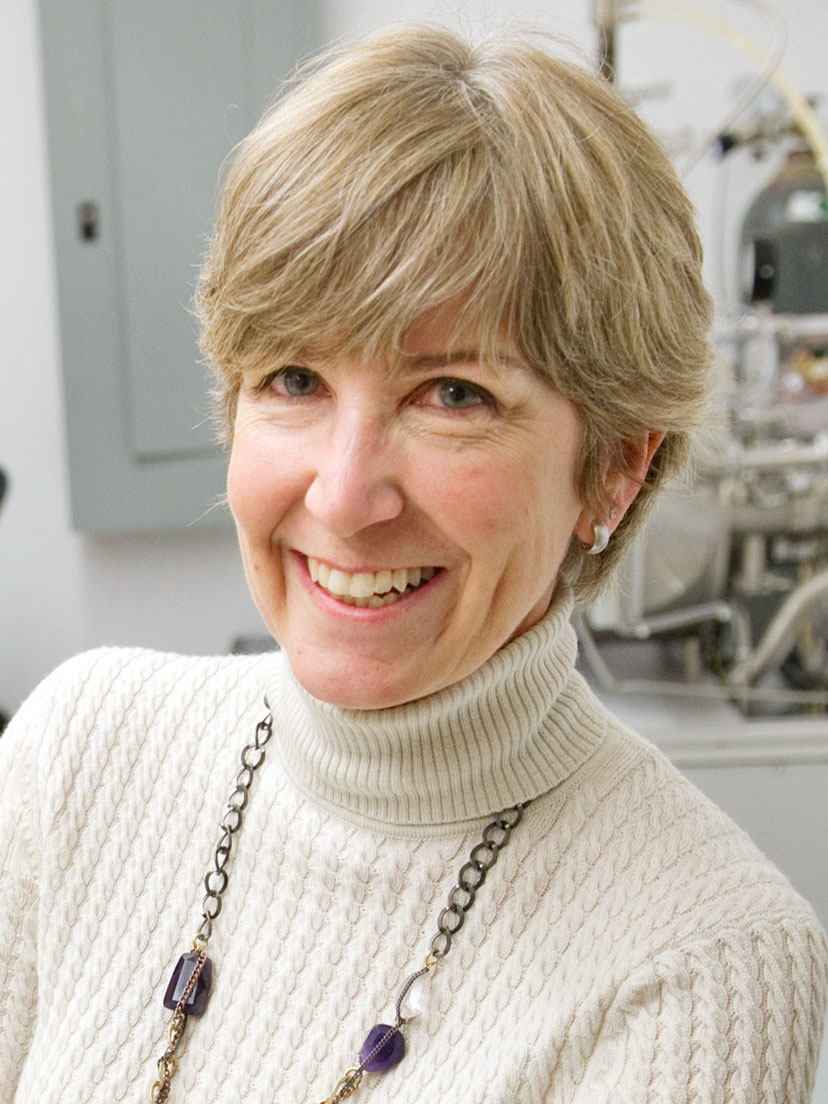 |
Laura Lewis Nanomagnetism Research Group works on a variety of research topics that aim to gain fundamental understandings of process-structure-magnetism correlation in technologically relevant magnetic and electronic materials. |
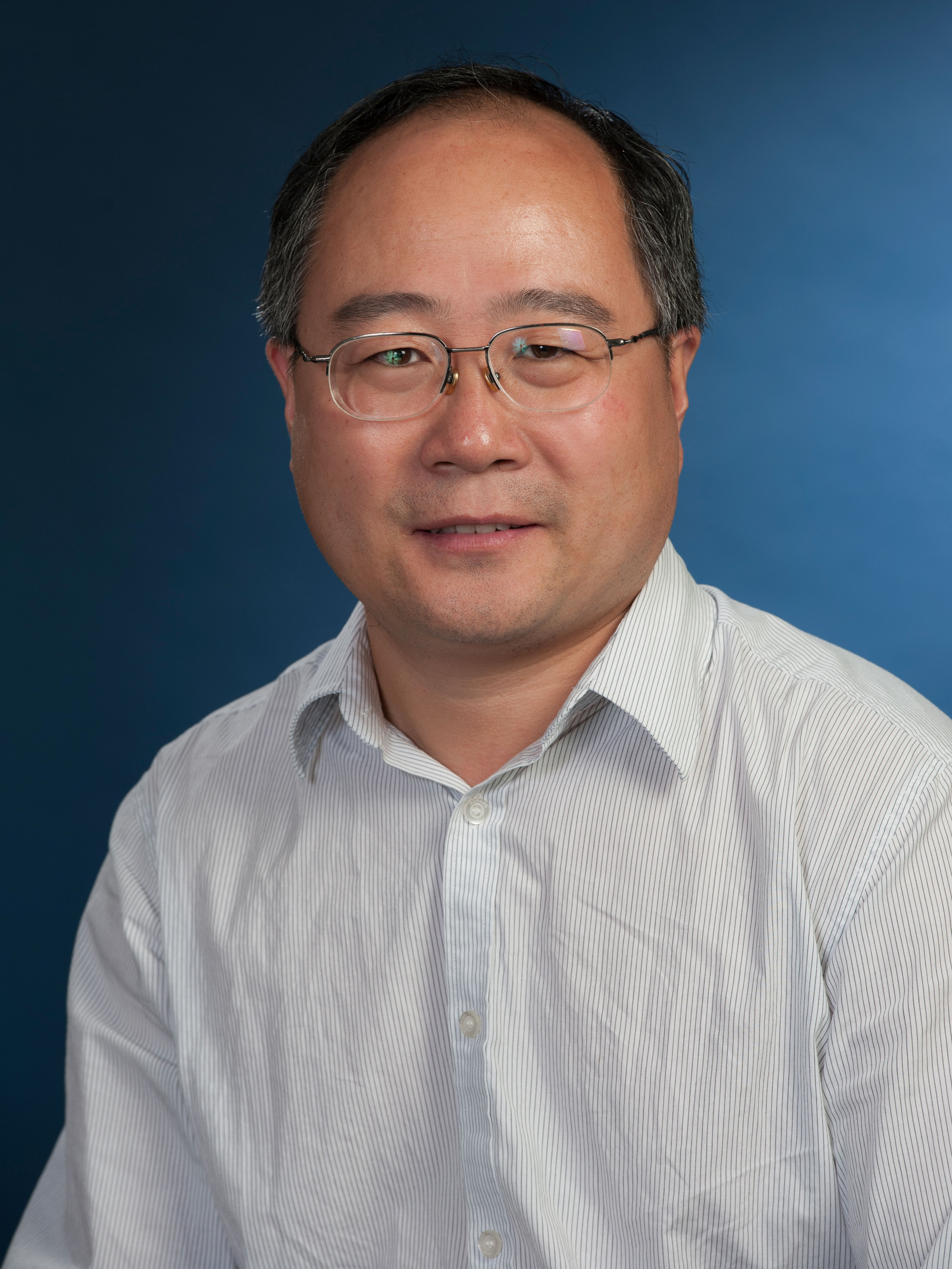 |
Ming Su Su Nanomaterials and Nanomedicine Group at Northeastern University focuses on fundamental and applied researches on materials and medicines. |
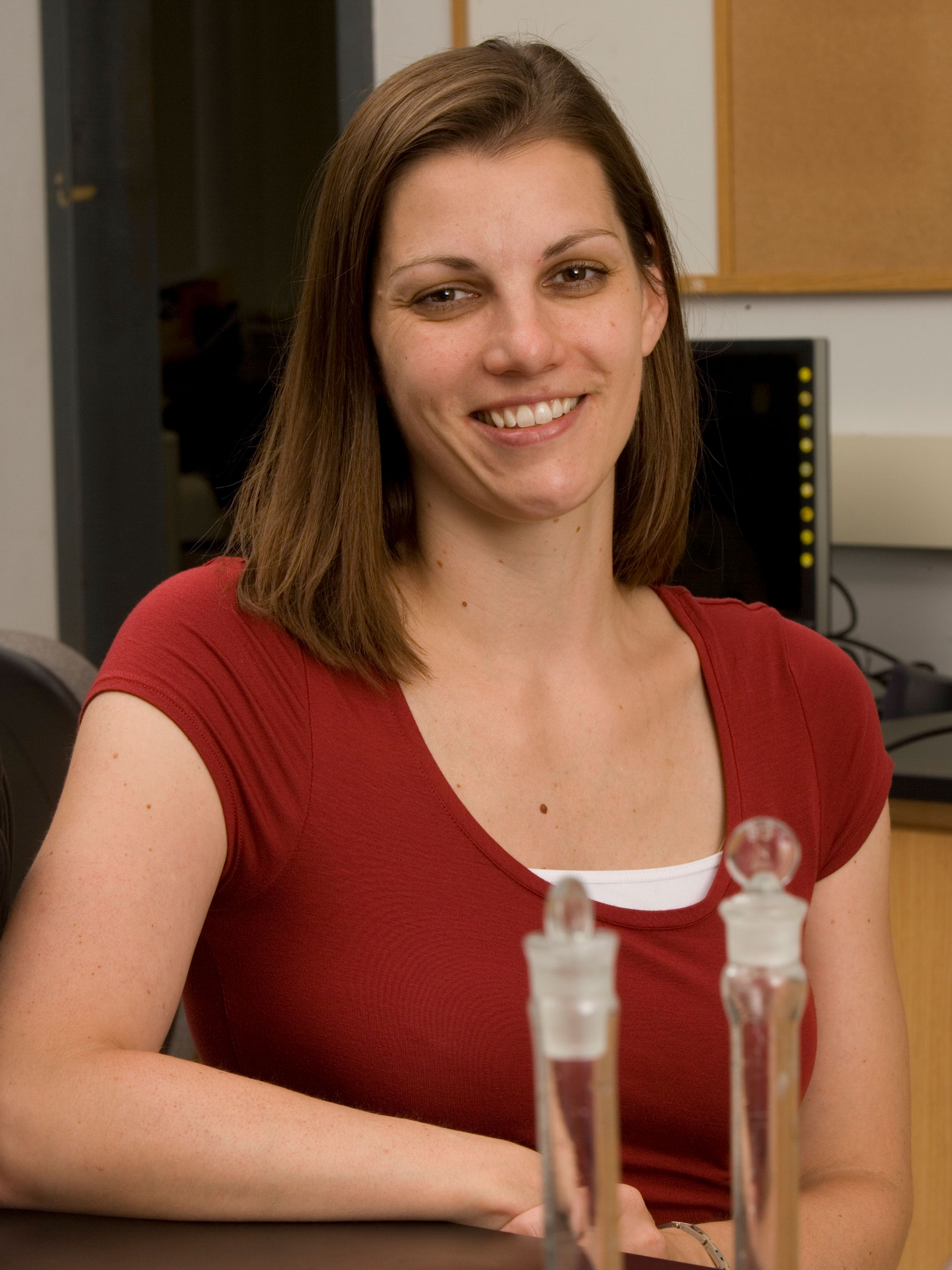 |
Rebecca Willits Materials for Tissue Engineering manipulates the extracellular environment to increase neural differentiation, nerve regrowth, and Schwann cell proliferation in vitro and increase functional nerve recovery in vivo. |
 |
Qing Zhao Zhao Research Group- Computation Catalyst Design works at the interface with computational chemistry, materials science, sustainable energy, and machine learning. |